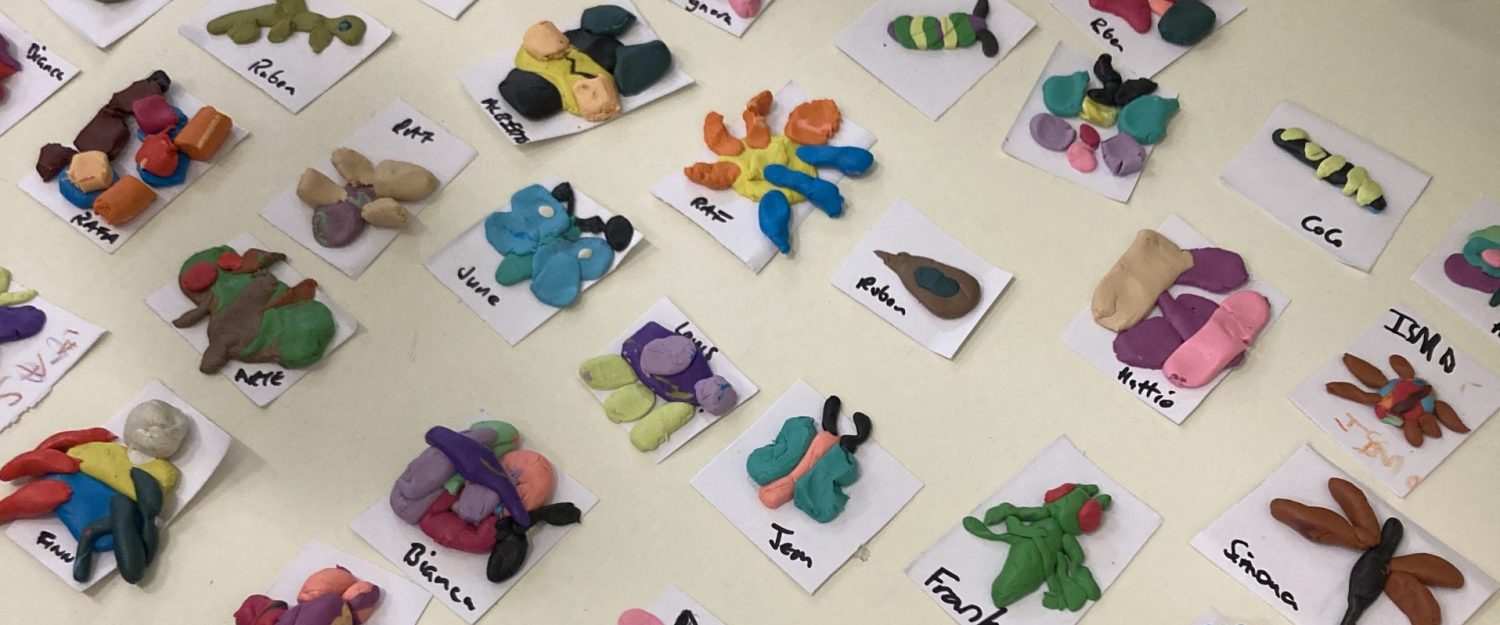As Term 1 ended, we encourage the students to reflect on their learning and development, celebrate achievements, and look forward to future learning. The following are some written reflection examples from last term.
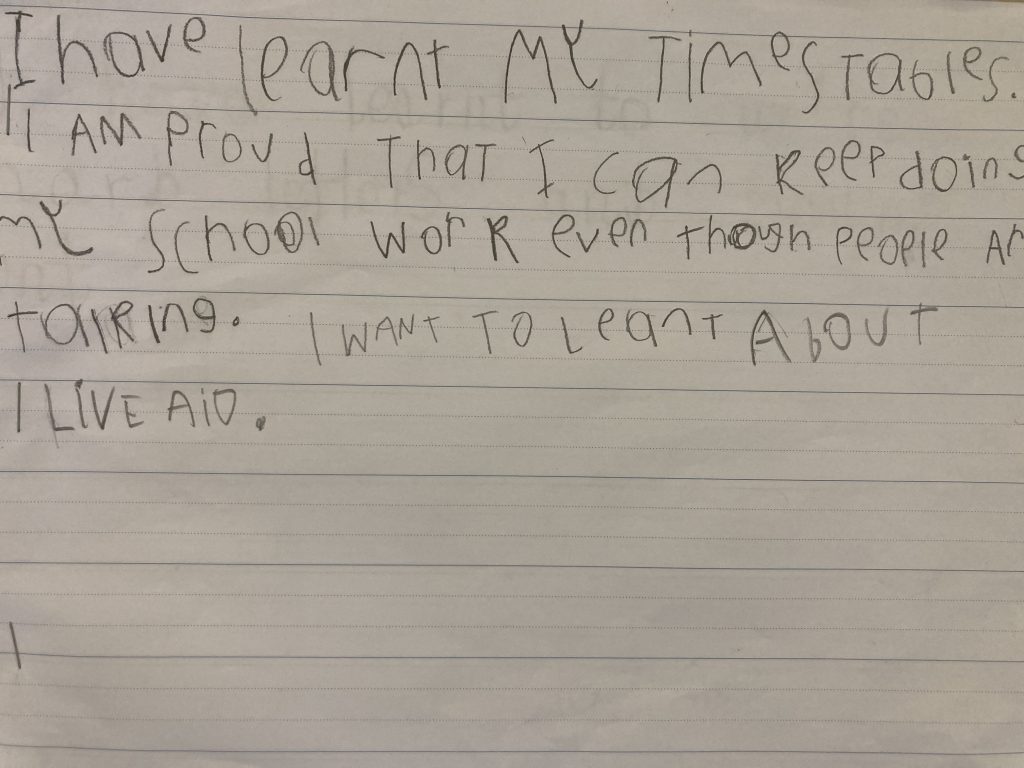
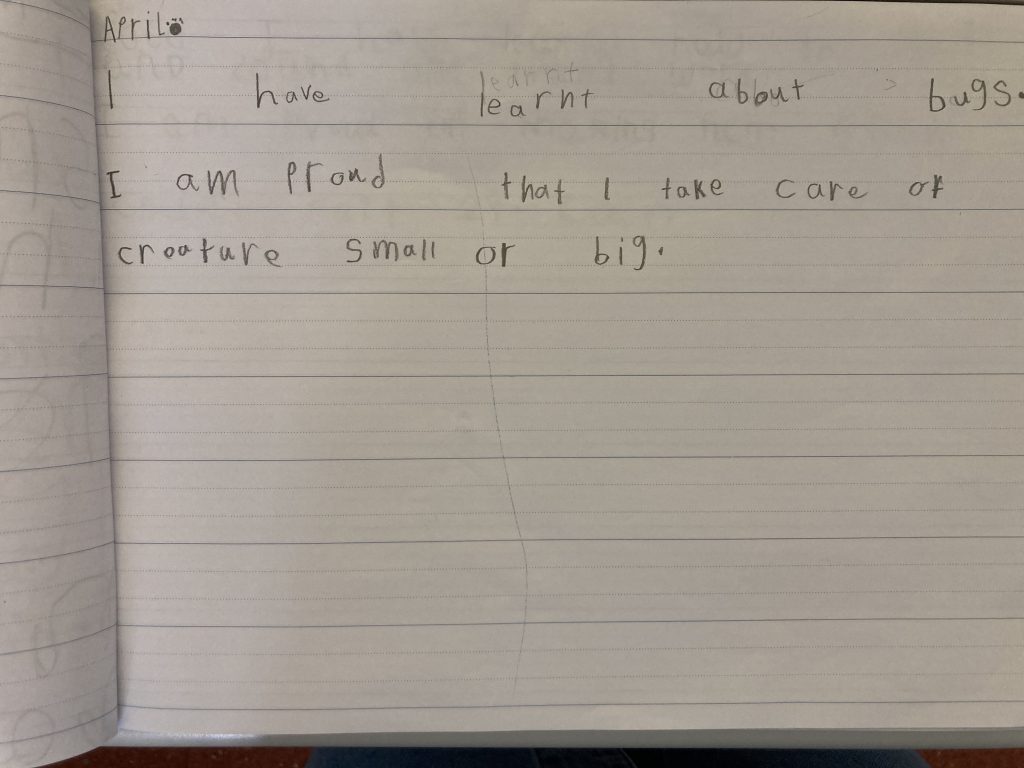
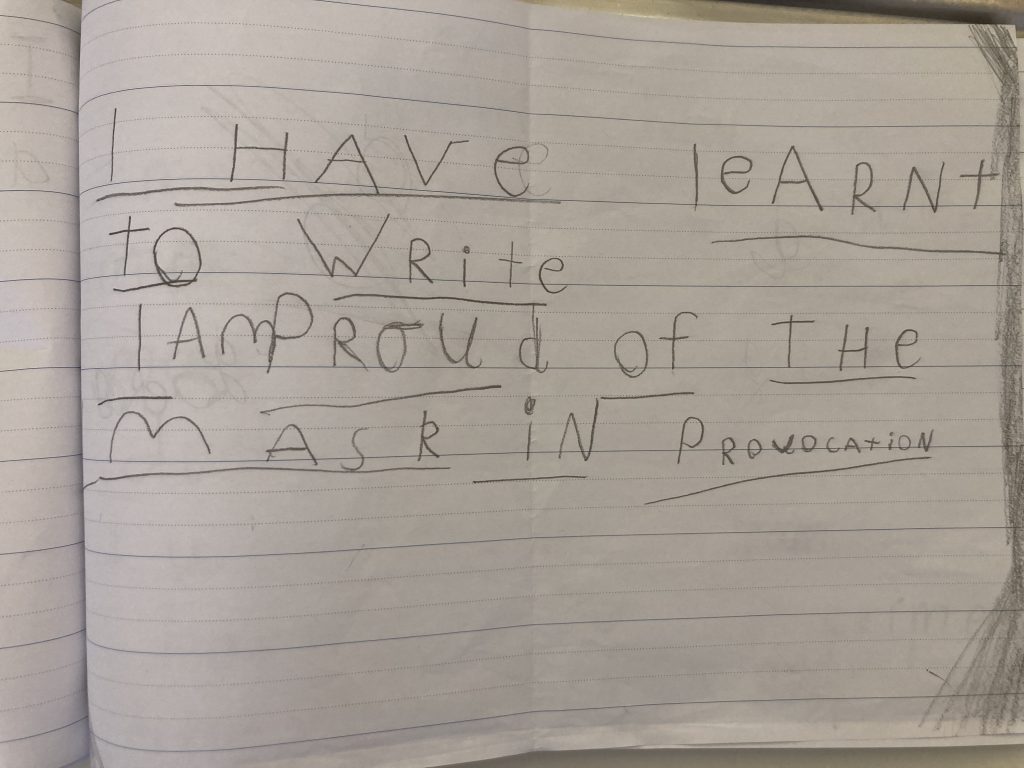
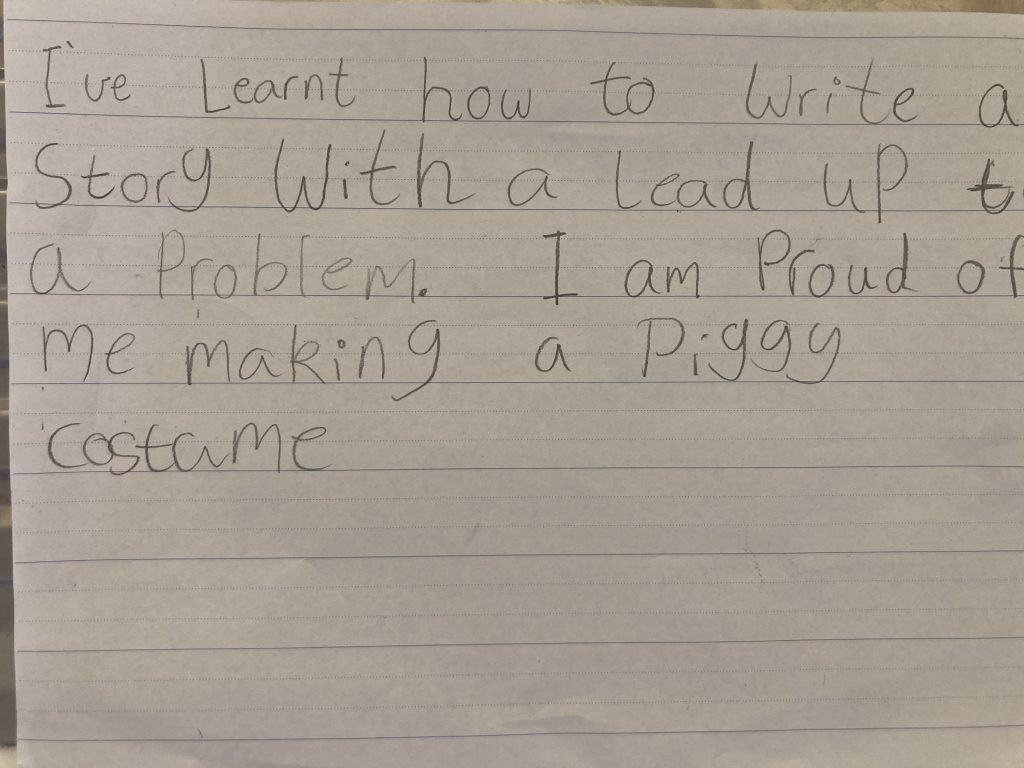
Our Inquiry workshop was a transformative experience for the Year 1 students. They examined the physical resources in our school, categorising them as natural, managed, physical or constructed, focusing on sustainability. This workshop helped them learn more about the environment around them and inspired them to think creatively about the available resources. Using a whiteboard and tallies, they gathered information and data, identifying trees and plants as natural resources that require care. They also observed the number of physical resources in our neighbourhood, such as chairs, tables and a large-scale stage. The courtyard’s water fountains, ramp and large garden bed were constructed resources.
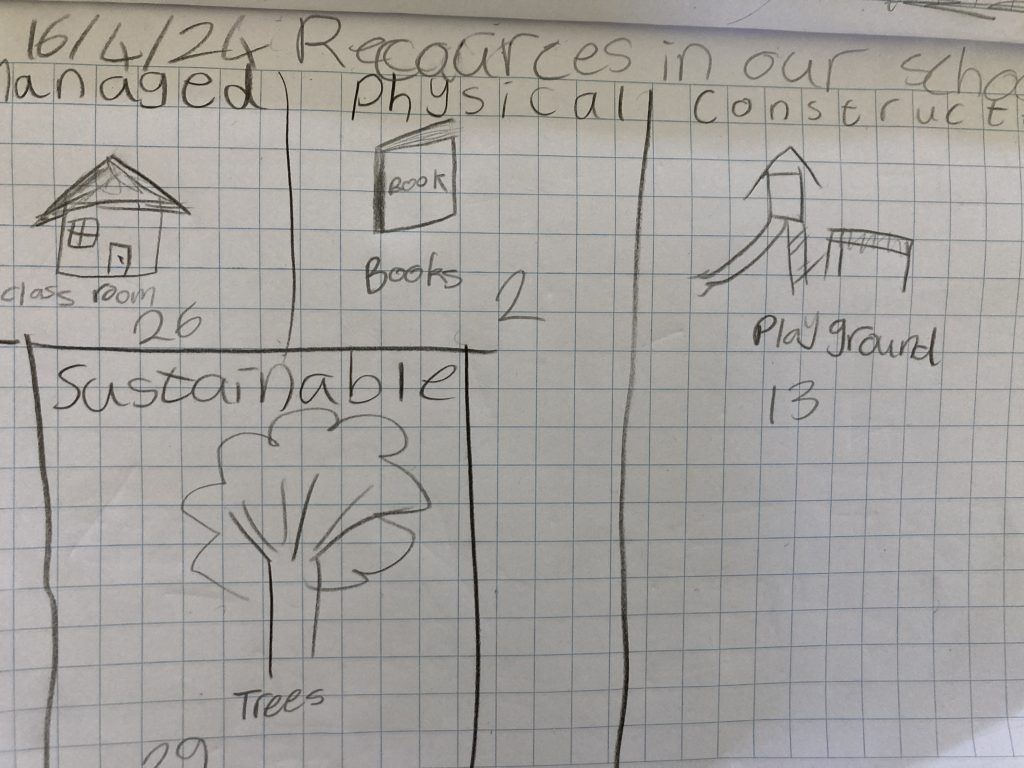
The children’s enthusiasm for the future was exciting, as they envisioned how we can maintain and care for our community spaces and foster neighbourhood friendships by working together in teams. The workshop not only provided a platform for them to apply previously learned mathematical skills, including data collection, skip counting, and counting from more significant numbers, but also ignited a sense of responsibility and commitment towards their community.
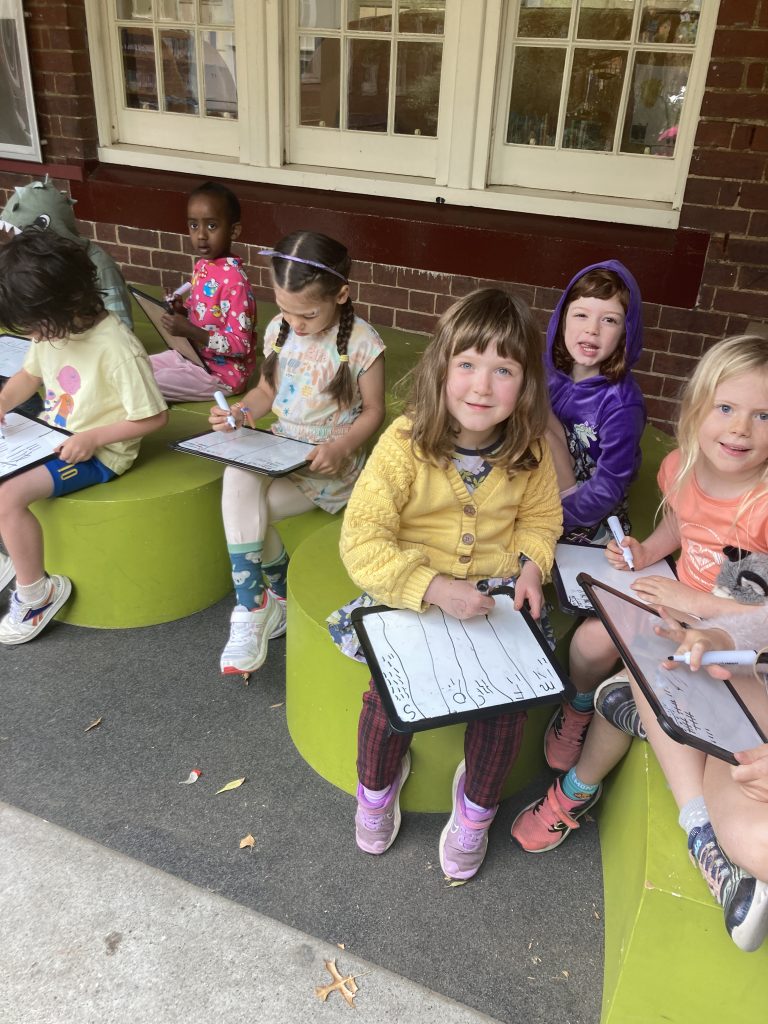
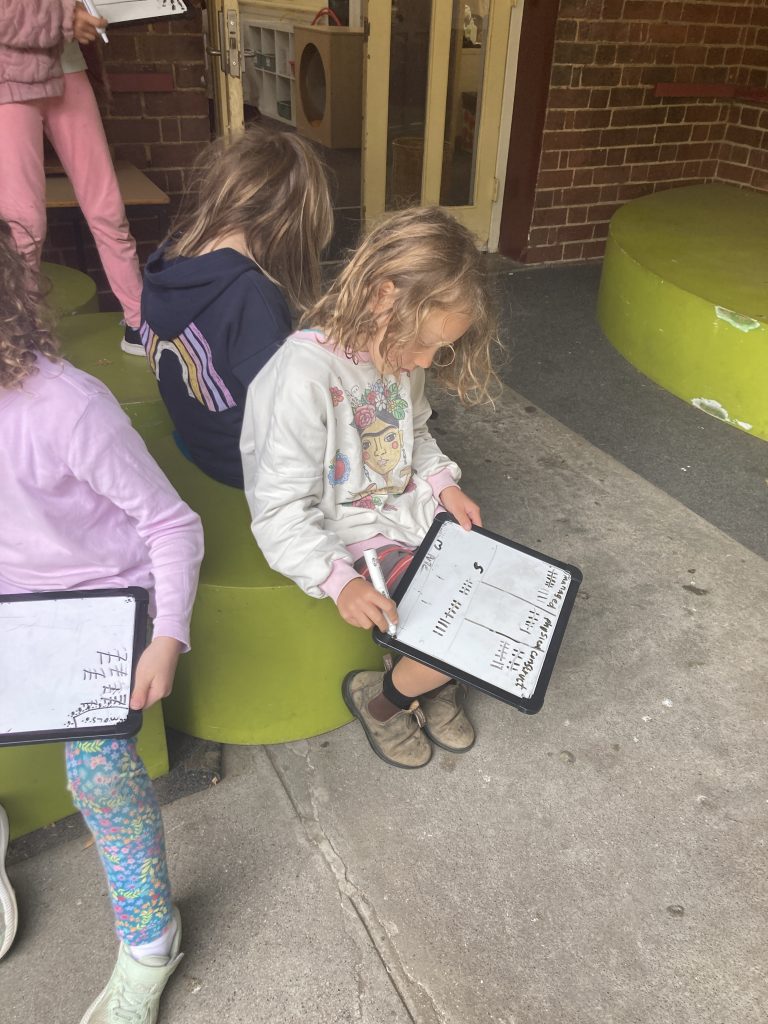
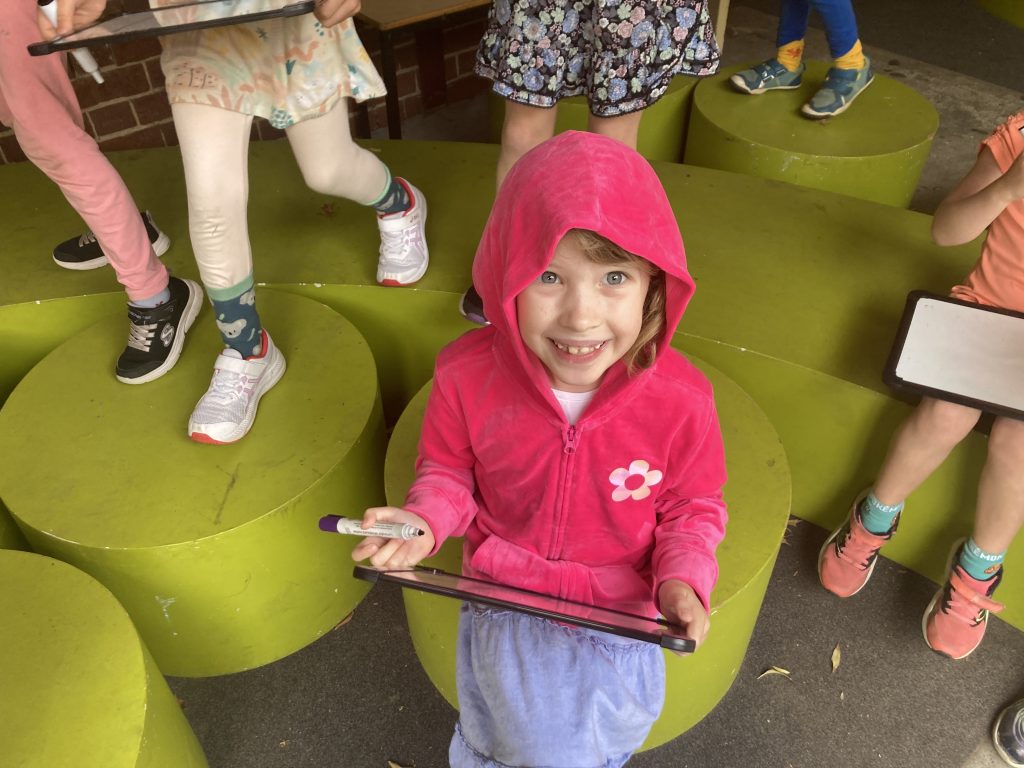
The children in our neighbourhood have taken the initiative to form these working groups, a testament to their emerging leadership skills. These groups will investigate various ways to protect the planet, starting with an A-Z list of actions. As a mini-project during their provocation times, they will work on promoting biking or scooting to school instead of driving, showcasing their proactive approach towards sustainability.
The children have also taken on the responsibility for looking after our neighbourhood courtyard. A stage crew takes care of the stage and seating, a gardening crew waters and weeds our garden beds, and a general maintenance group sweeps and dusts the area. Our next step is to work together as one community to set up the spaces in the morning for outside provocations.
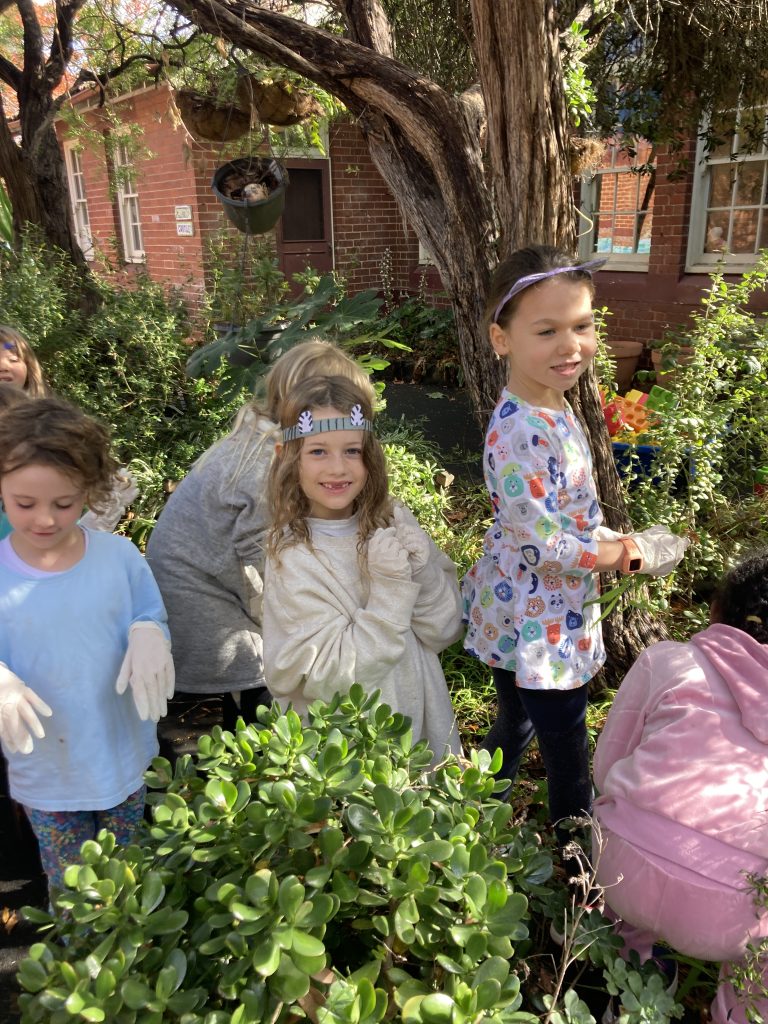
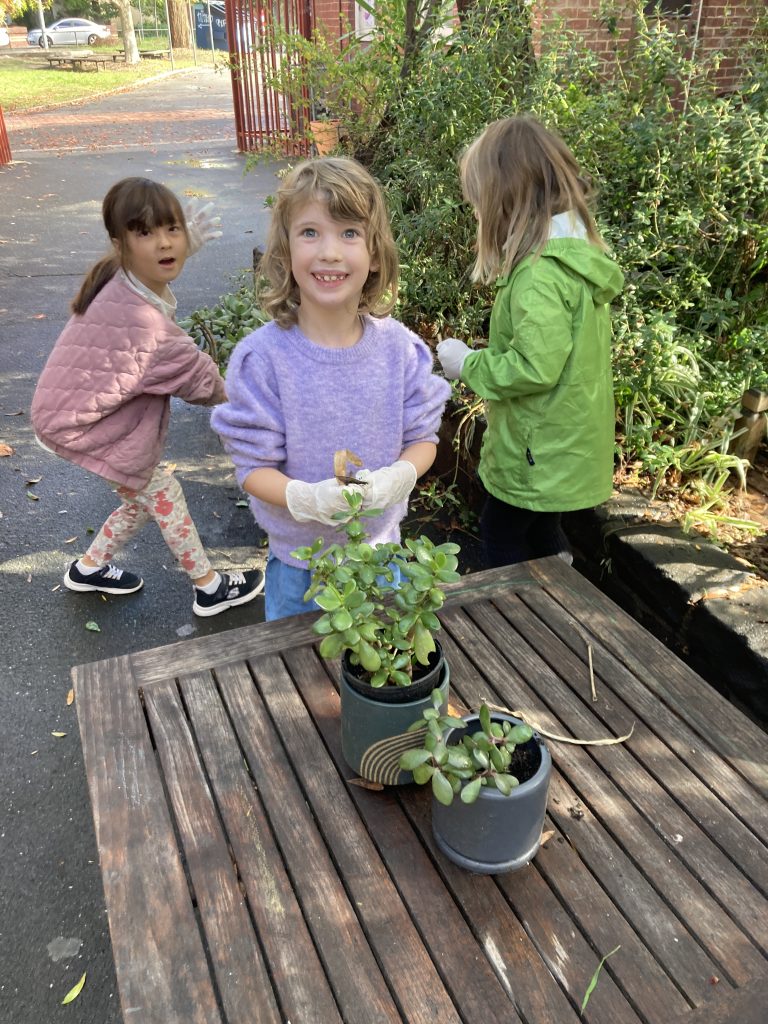
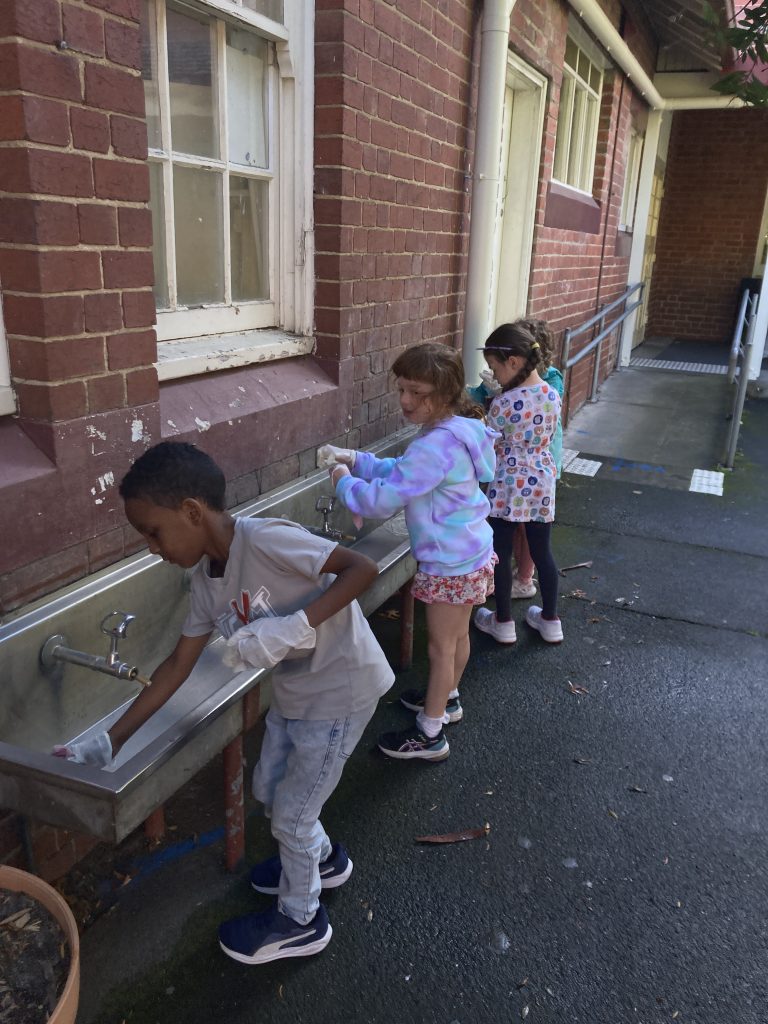
As the children embarked on their courtyard safari, their eyes were immediately drawn to the vibrant world of insects around them. They moved slowly and cautiously, keenly aware of the delicate habitats that surrounded them. With every step, they scanned the ground for signs of life, eager to discover new creatures and learn more about their behaviours. As they spotted various insects, the children marvelled at their unique colours, shapes, and sizes, and were careful not to disturb their homes. They moved with a gentle grace, respecting the animals, insects, and birds that called this place home. Their curiosity and respect for nature shone through, making the courtyard safari a thought-provoking experience.
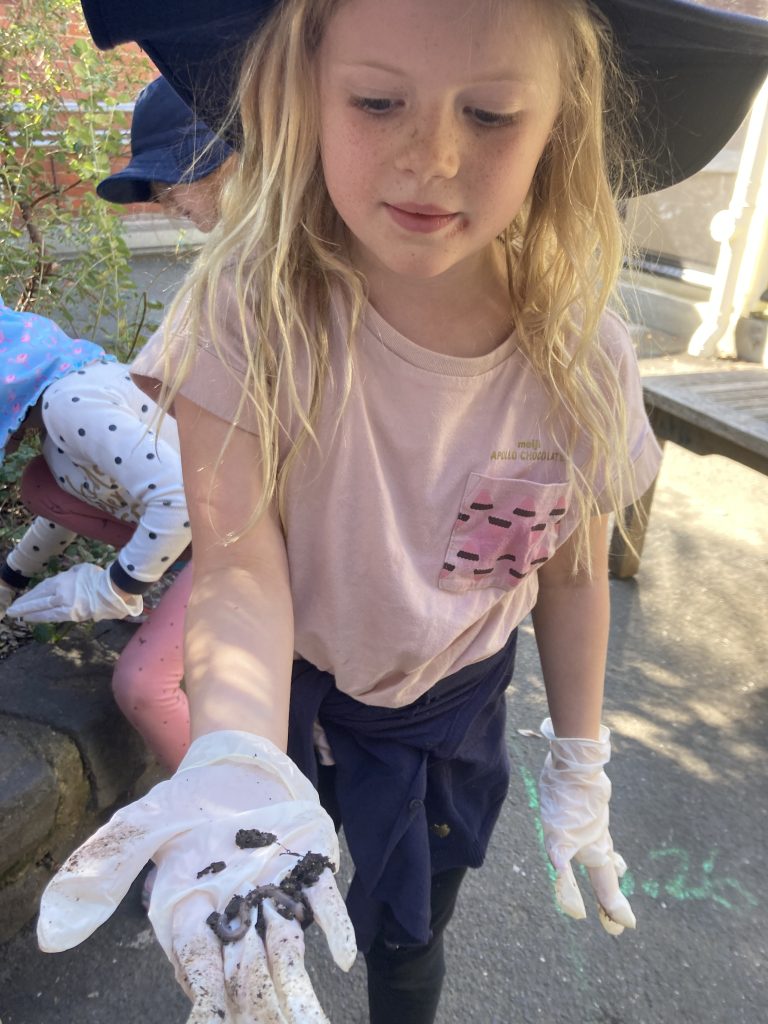
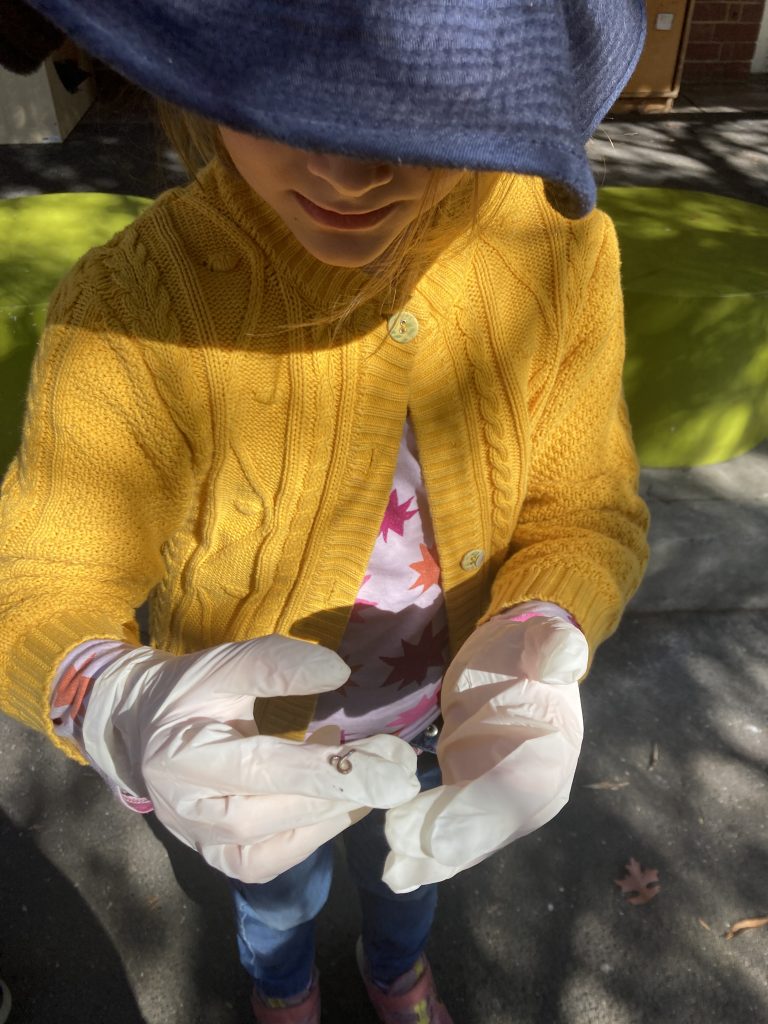
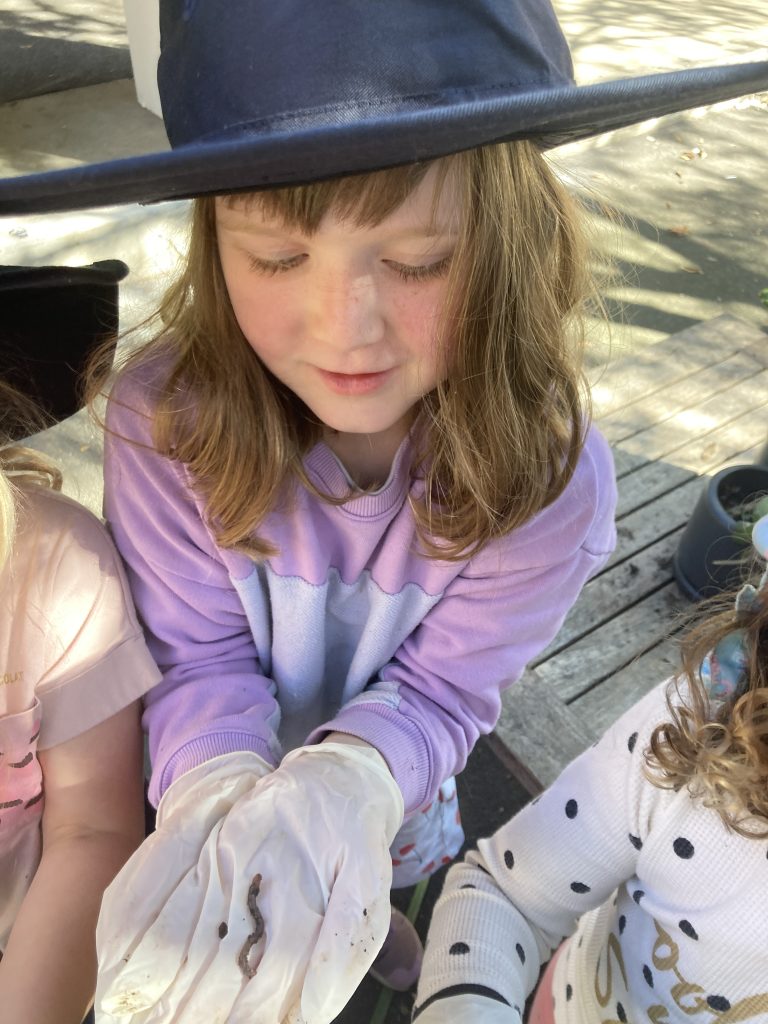
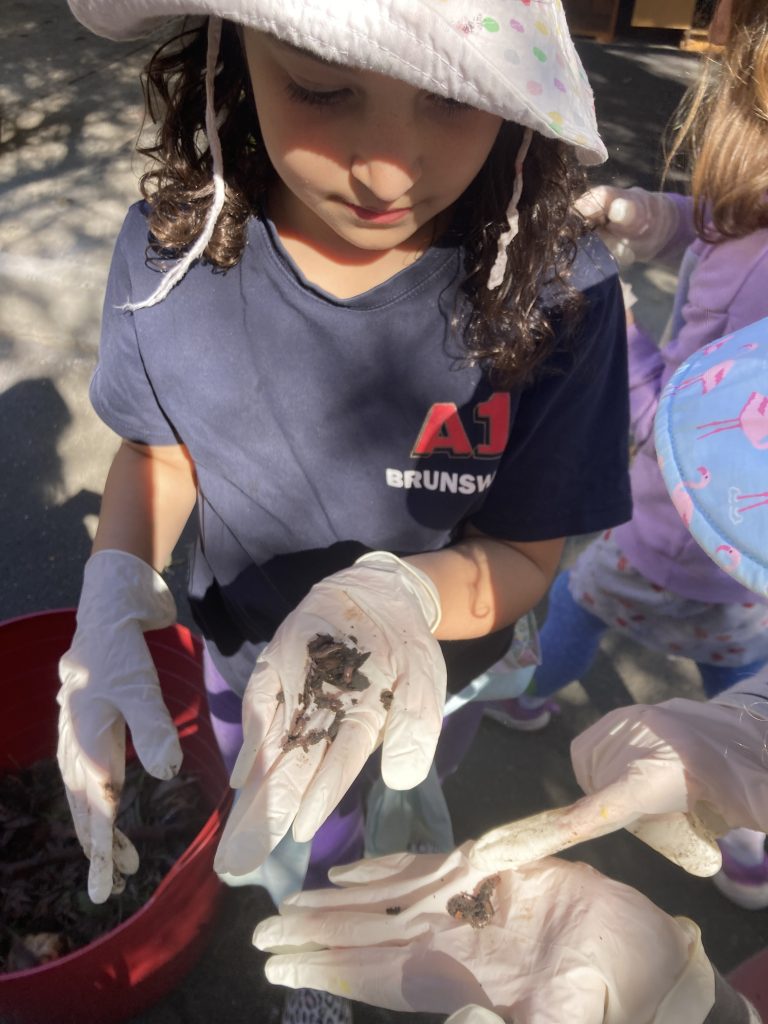
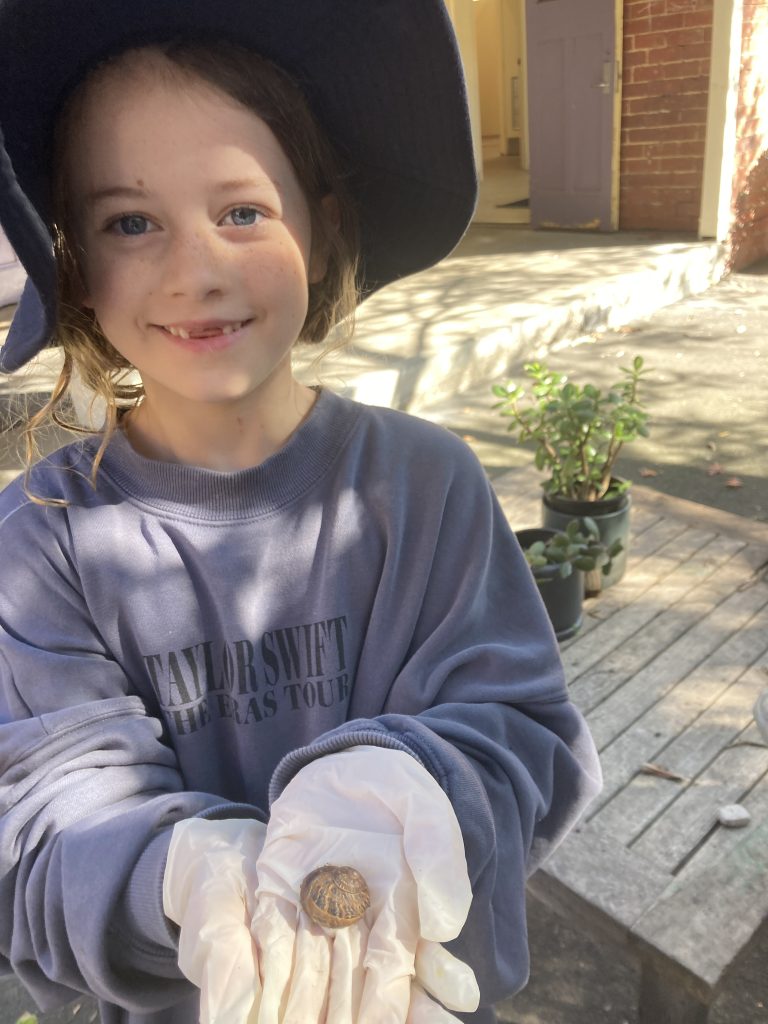
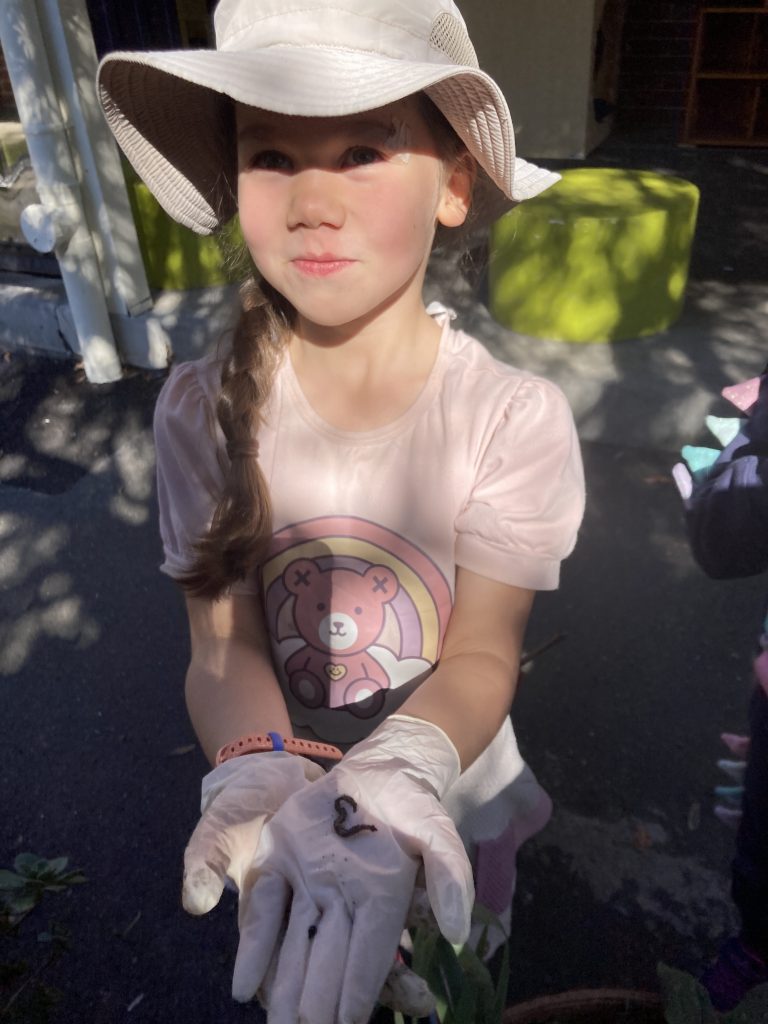
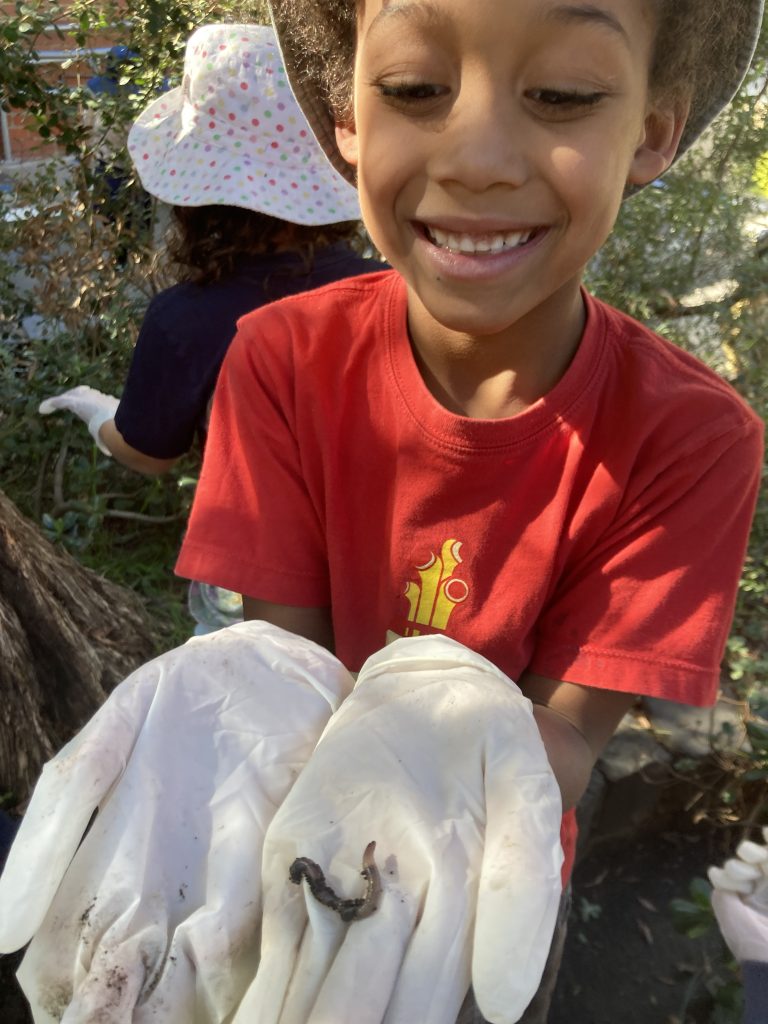
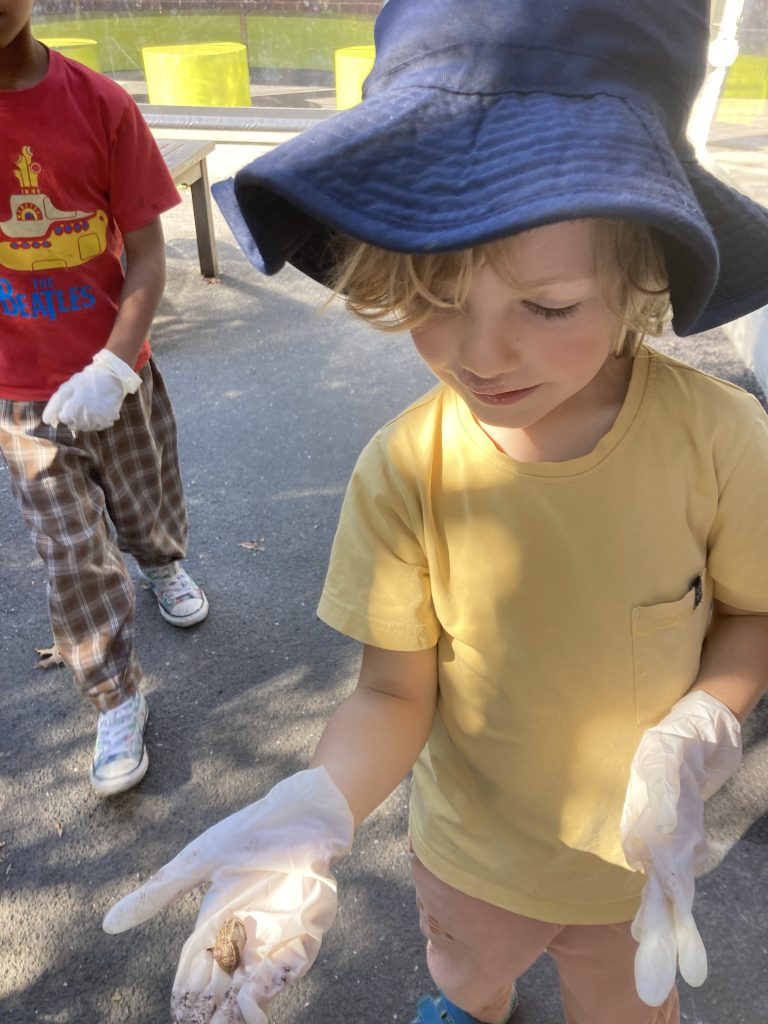
“There are numerous snails in the garden and ants crawling on top of the large potted plants” Coco
“I’m really getting back to nature now” Urnukh
We had a whole neighbourhood discussion about where our inquiry is going and what we have been wondering about ecosystems and the resources within the school.
“I wonder if an ecosystem can become stronger by building on itself?” Didi
We also thought about how things have changed with the changing seasons, and what might happen over time.
“Ecosystems are bad and good because they can destroy things or get destroyed. If they get destroyed, they can restart…” Ollie
“…Like when an animal dies and it gets absorbed into the earth and a new thing starts” Louis
In addition, the children have started to work on their writing skills using the 6 plus 1 Traits Writing Model. Each member of the neighbourhood has a writing folder with writing goals, a list of words, a rough copy, a good copy, a free writing space, and their own personal writing journal. They will work towards three main writing pieces for the term, including a diary of an animal, a mini fact file, and an interview with an insect.
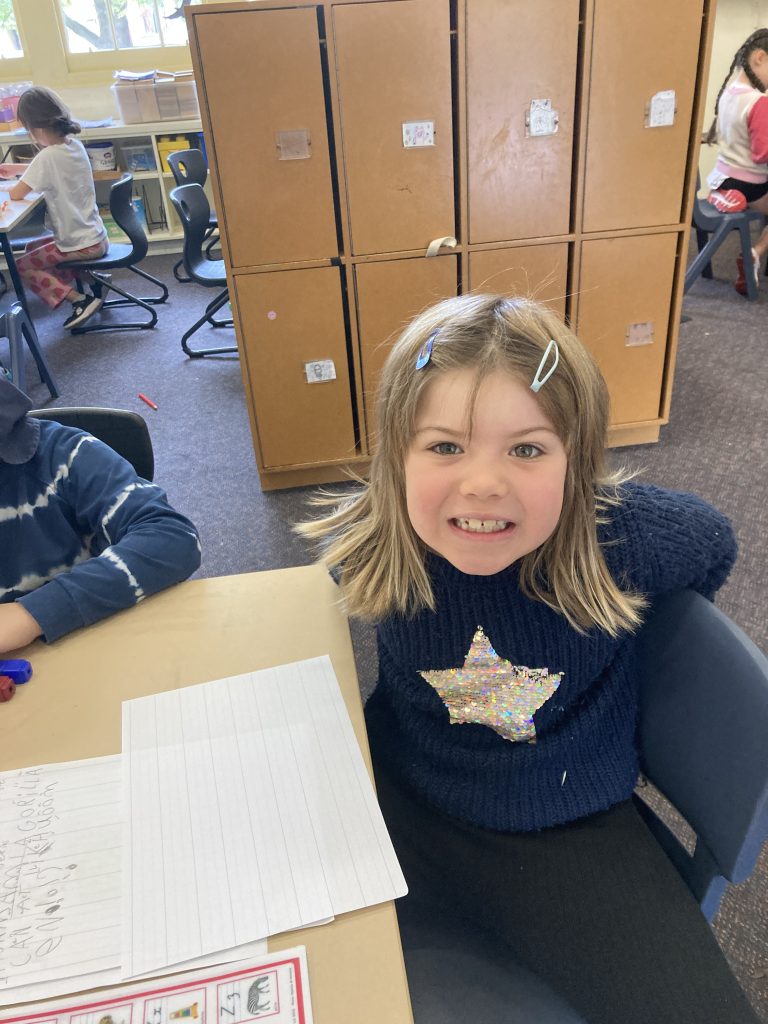
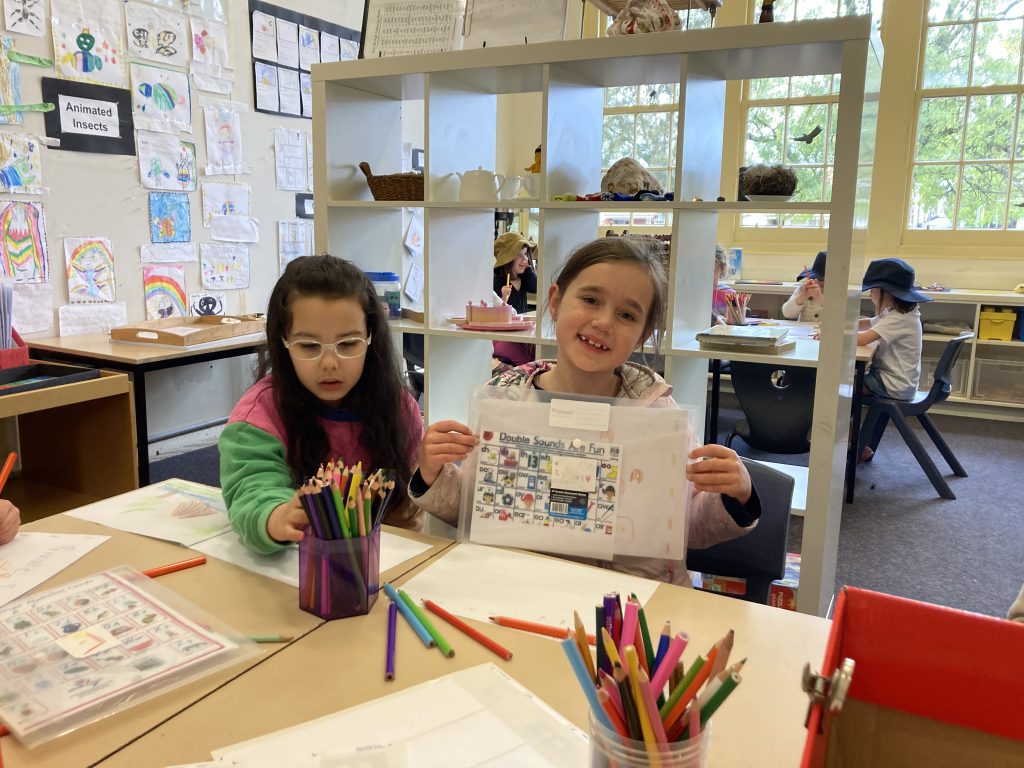
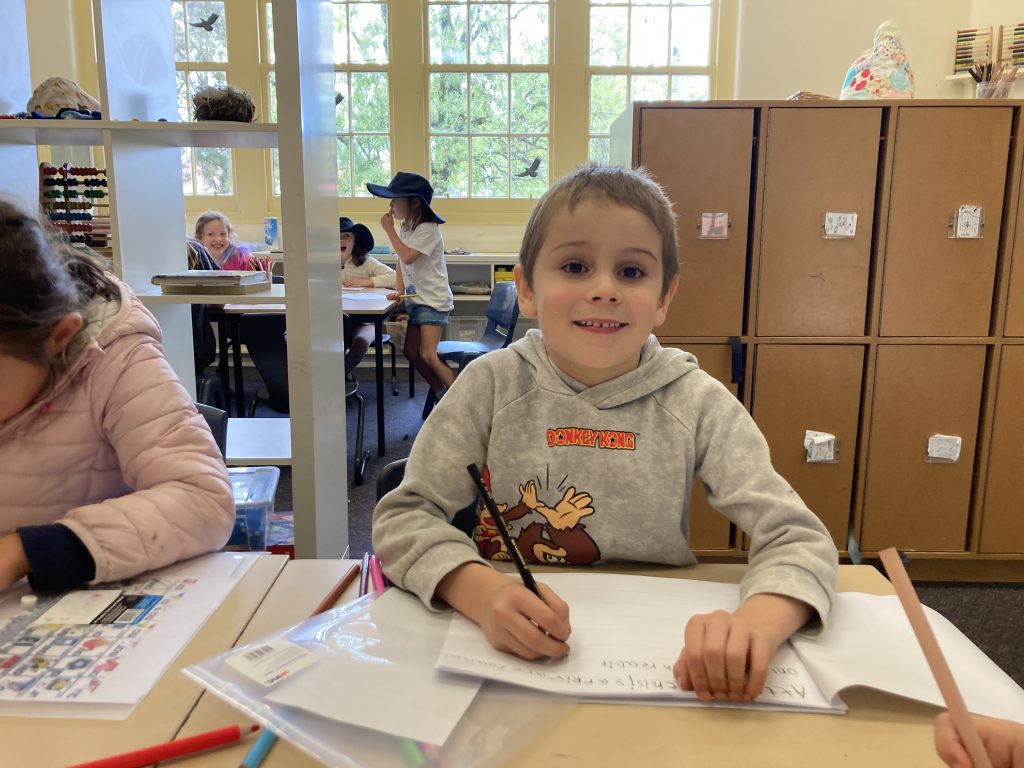
During our conversation with the students, we delved into the topic of good writing. We explored the question, “What are the characteristics of good writing?” and exchanged our thoughts and ideas on the subject.
“It’s about writing down all the thoughts and ideas that come to mind,” said Ollie.
“Choose a topic that interests you and keep writing about it,” added Bonnie.
“Writing is a way of practicing and helps you to retain the information you are learning, allowing you to learn more about the world.” Finn
Ollie’s insight highlights the importance of jotting down your ideas as they come to you, ensuring that you don’t lose valuable thoughts that could lead to insightful writing. Bonnie’s point emphasizes the significance of focusing on topics that ignite your interest, providing motivation to continue writing and exploring your ideas. Finn’s perspective suggests that writing is a skill that requires practice to develop, enabling you to effectively capture and retain new information that expands your understanding of the world.
During provocations, the children investigated a Peter Sullivan open-ended problem-solving task: writing their names using 50 matchsticks.
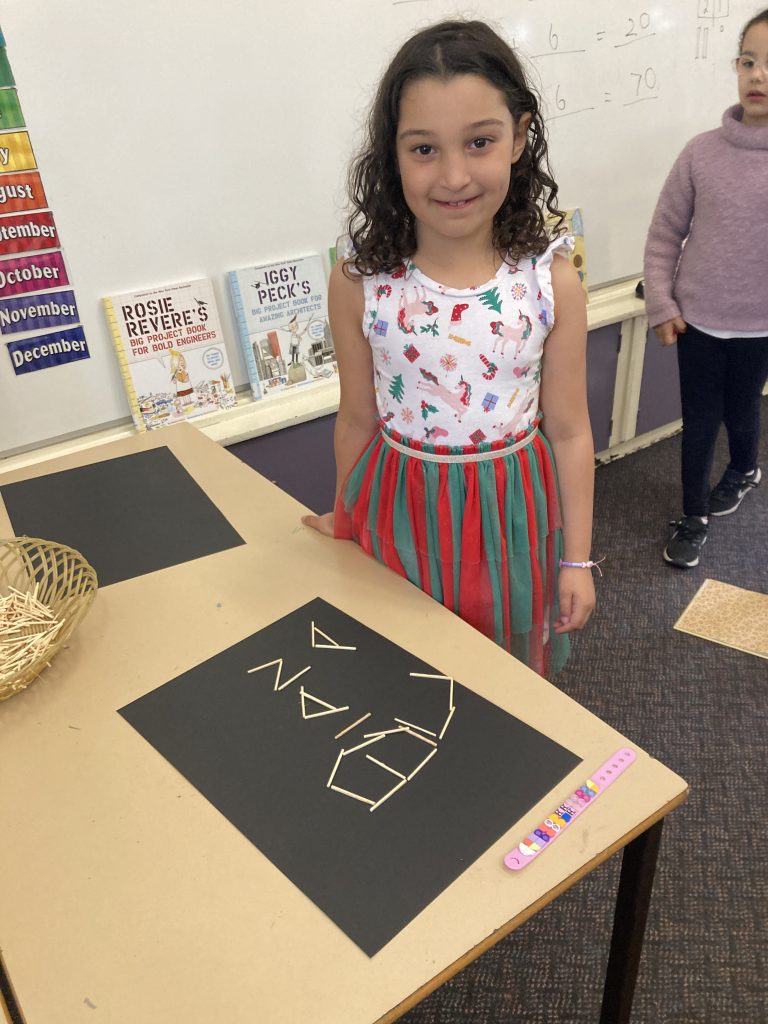
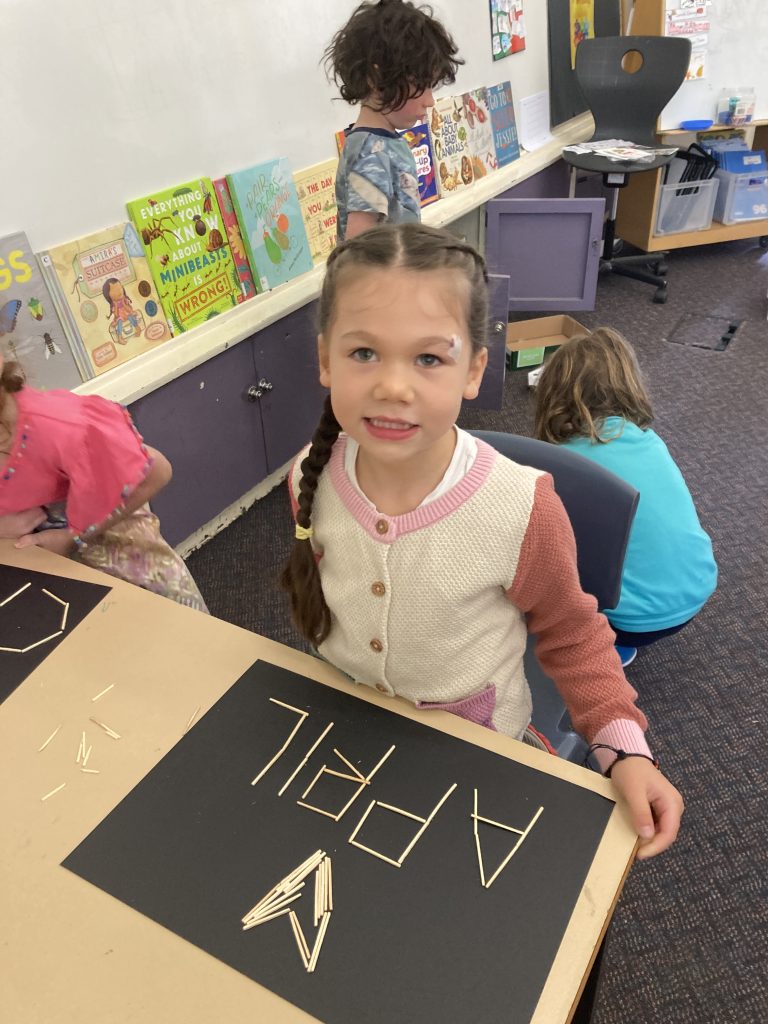
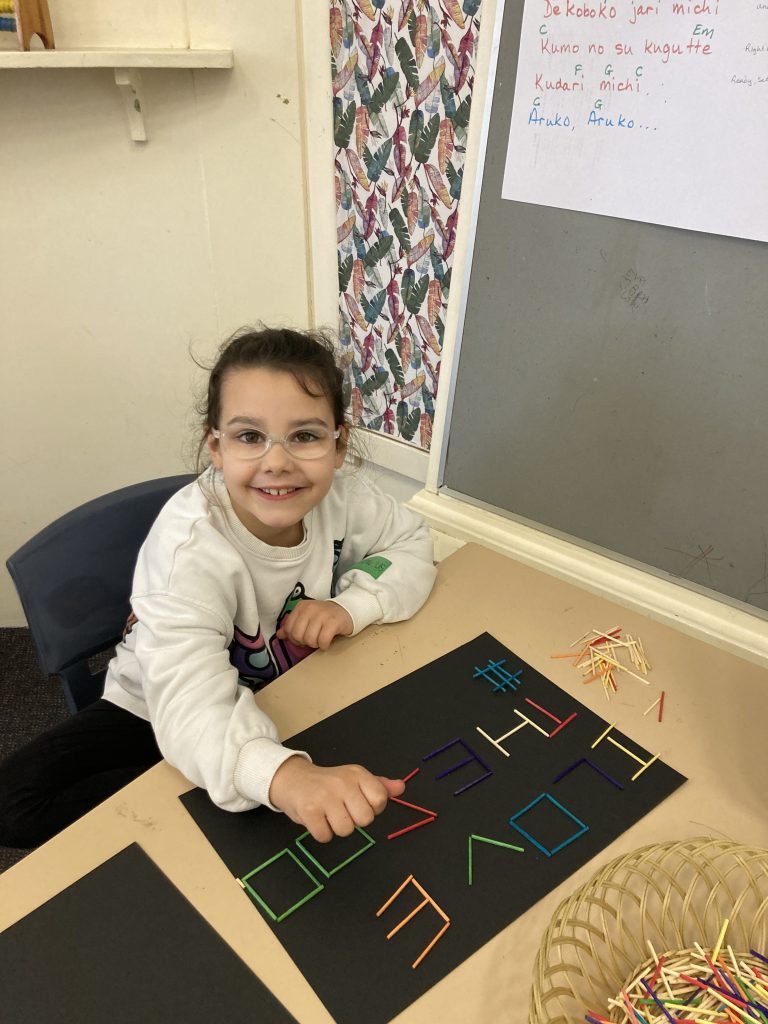
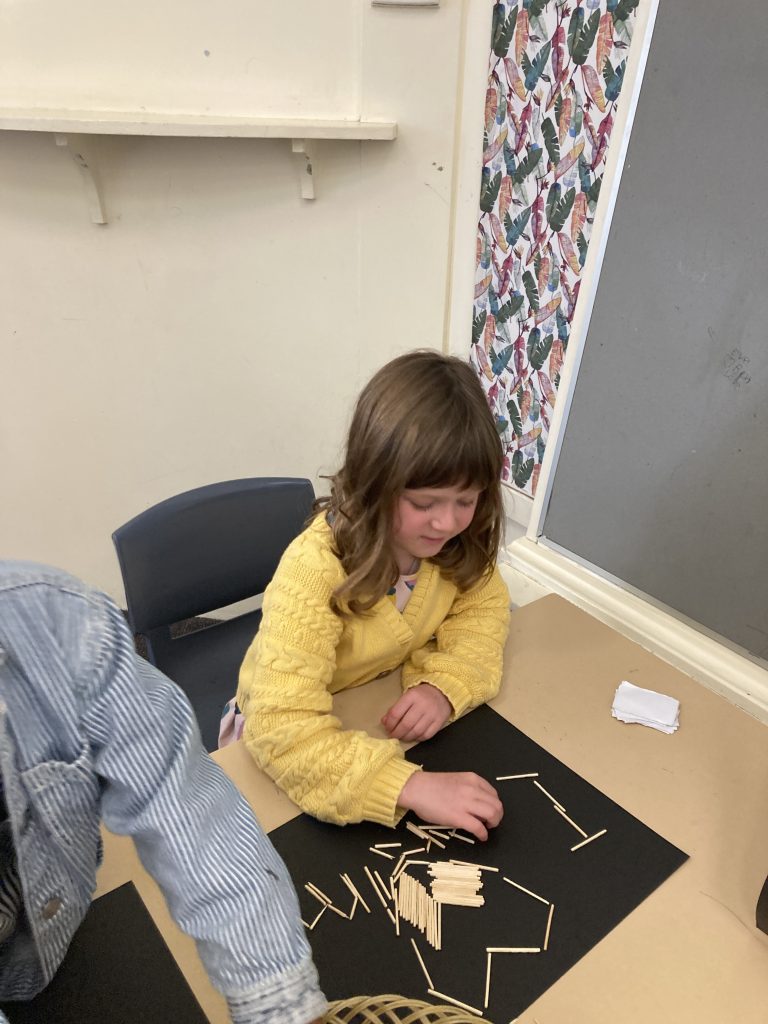
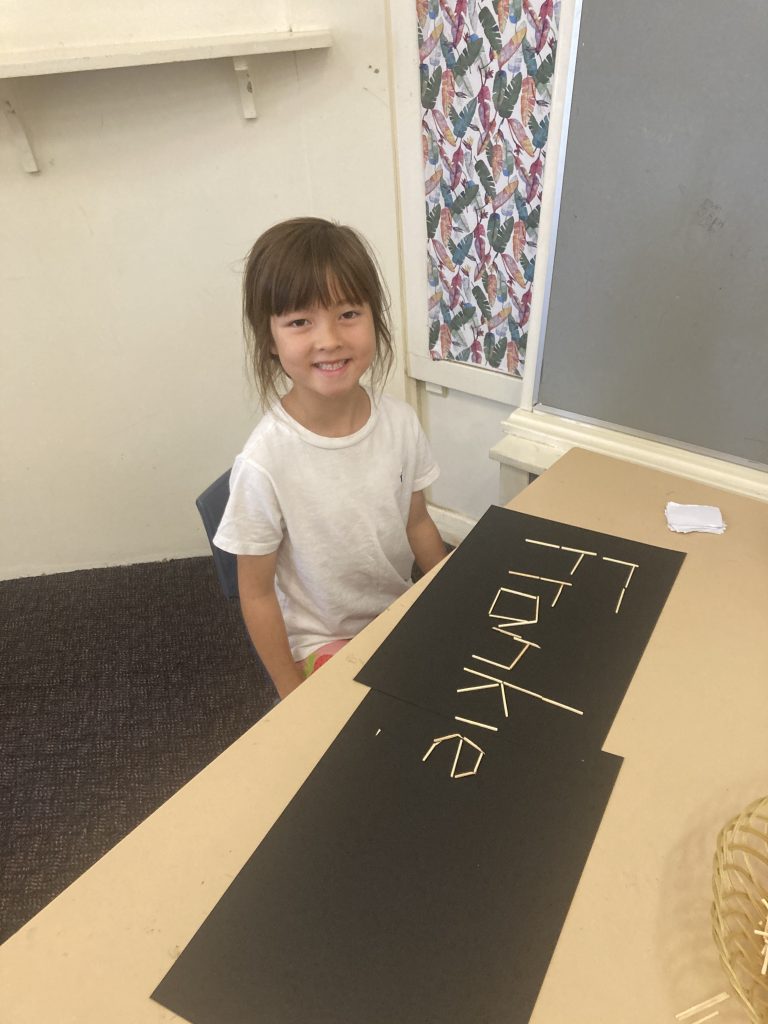
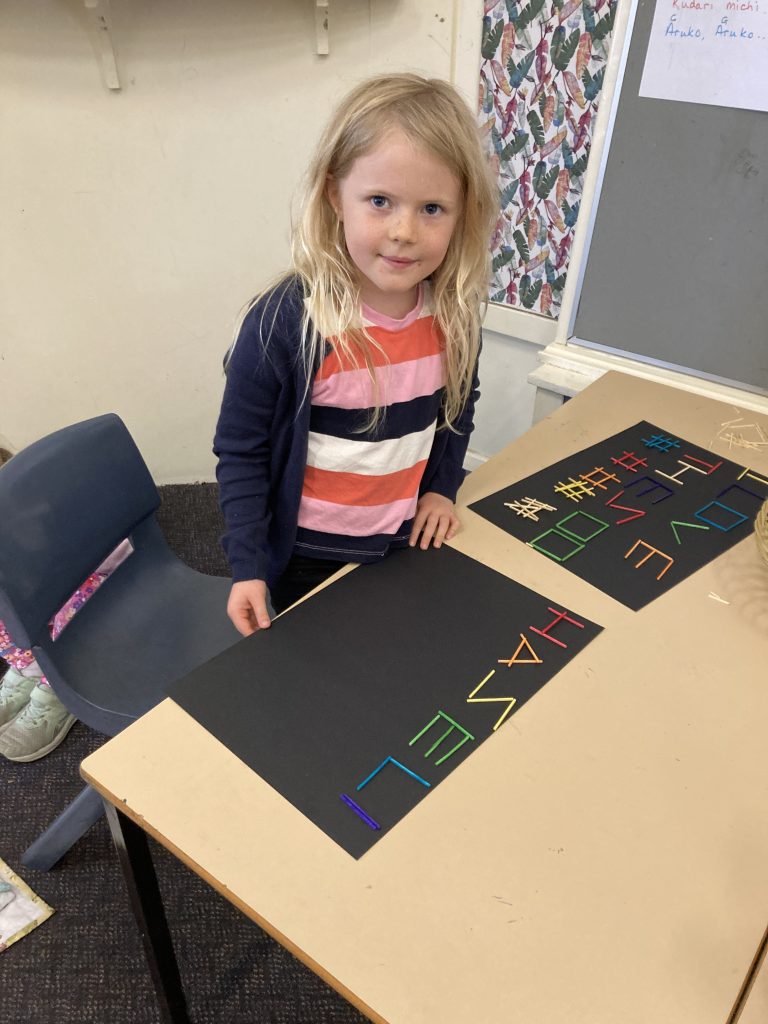
The children are happy with their writing folders and are excited to continue their sustainability projects.
